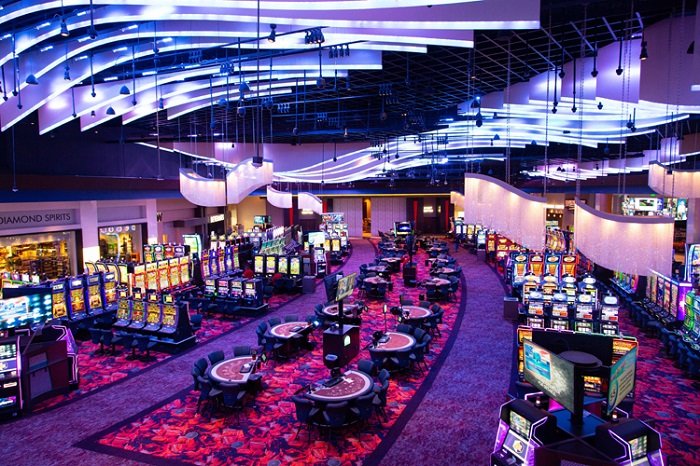How Home Automation Makes Life Easier

What used to be a futuristic dream is now a daily reality for people who have gotten into home automation. No, we don’t have robot maids like Rosy from The Jetsons, but we do have smart devices that perform tasks at the touch of a button.
Many Americans have at least one smart device, even if it’s just a smartphone, smart speaker, or smart thermostat. Although these devices are useful, home automation connects a series of smart devices that can do much more than simply control the temperature or play music with a voice command.
If you haven’t started automating your home, you’re missing out on a level of convenience like no other. Imagine brewing coffee from your bed by using an app, or tapping on your refrigerator door to see what’s inside without having to open the door.
Home automation provides a level of convenience that you won’t find without smart technology. However, your devices need to be integrated into one system to be easily used.
What is home automation?
Home automation connects appliances and devices through a Wi-Fi network so that they can be controlled by an application from anywhere in the world. People commonly refer to this setup as a “smart home.”
Although popular, home automation isn’t always easy. Connecting a bunch of devices can be frustrating, so some people hire a third-party to integrate their smart devices. Some companies will even help consumers choose the devices best suited for their homes.
Typical smart devices connected to a home automation network
The typical smart home contains a series of networked smart devices, including the following:
- Smart security system
- Smart door locks
- Smart lighting controls
- Smart speaker(s)
- Smart thermostat
- Smart TV
Wealthy individuals have the above plus several high-end smart devices like:
- Smart refrigerators and freezers
- Smart washer and dryer combos
- Smart outdoor security lights
- Smart wall-mounted electric fireplaces
- Smart tables, chairs, and other furniture
Sometimes there are cheaper versions of luxury smart devices. Basic smart refrigerators, for example, can cost between $3,000 and $4,000, but high-end devices can cost more than $20,000.
Are smart devices really that convenient?
If you’ve never had a smart home or visited one, you’re probably wondering if having a smart home is really all that convenient. Does it live up to the hype? The answer is yes. Smart homes really are convenient, and here’s why.
Imagine coming home from the grocery store and carrying ten bags up to your porch. If you rely on a physical key to get in, you’ll have to put all your bags down, unlock the door, and then pick up all of your bags. With smart locks, you can use an app to unlock your door from your car before you even start to carry any bags. When you get to your porch, you can open the door and put your bags inside.
Smart homes are ideal for disabled individuals
Smart homes are also ideal for people with disabilities. Disabled people have varying degrees of limitations, but a smart home makes life much easier for just about everyone.
If you struggle with balance, for example, you won’t ever have to let go of your cane or walker to turn a light on or off. You can even use an app on your phone to turn on the lights in the kitchen while you’re still sitting in your bedroom.
You can also set up your home to use voice commands to activate your lights, play music, and navigate your smart TV. If you have the funds, you can create internal doors that open and close with voice commands, too.
Home automation is the future
Now that smart homes are in the news, more people want to get on board. According to statistics, 86% of millennials say they’d pay more to buy a connected home.
Imagine a future where every home is equipped with a network of smart devices that respond to your every command. Need coffee? Just ask the pot to start brewing. Want to play some music? Siri’s got you covered. Need to let your Airbnb guest inside when you’re not home? Touch a button on your phone. Feel like drinking a cold soda? Well, you’ll probably have to get your own soda for now.
While home automation hasn’t yet reached the point of robot maids, it’s safe to say there will be a day when robot home assistants are a reality. However, for now, the future of smart home automation lies mostly in the realm of convenience – managing mundane tasks and making homes more secure.











